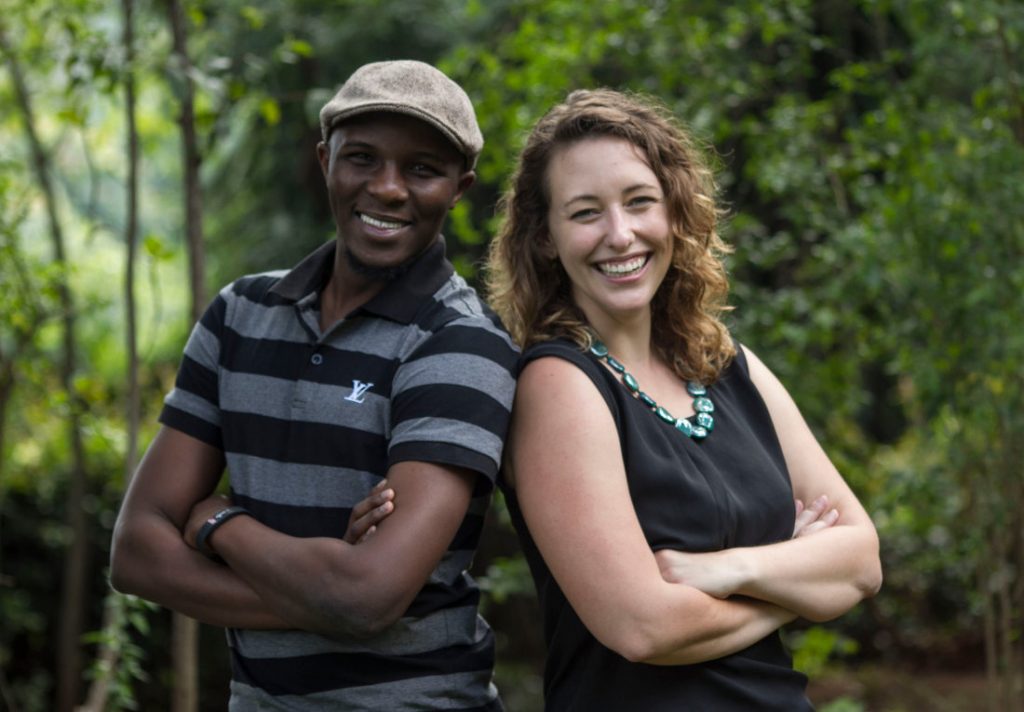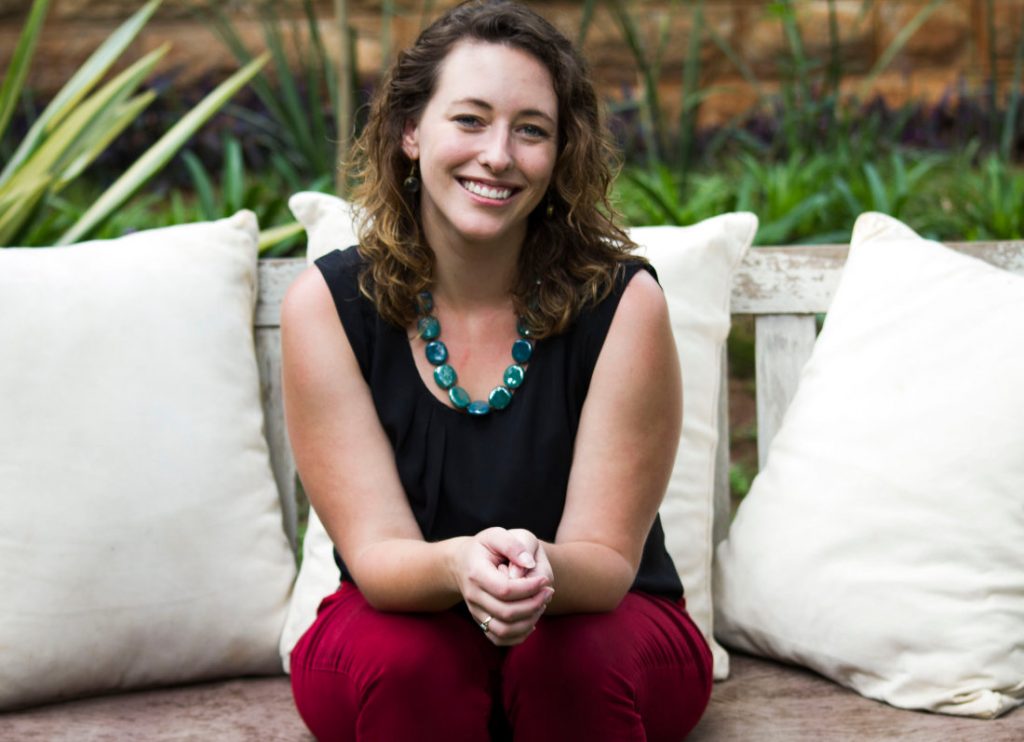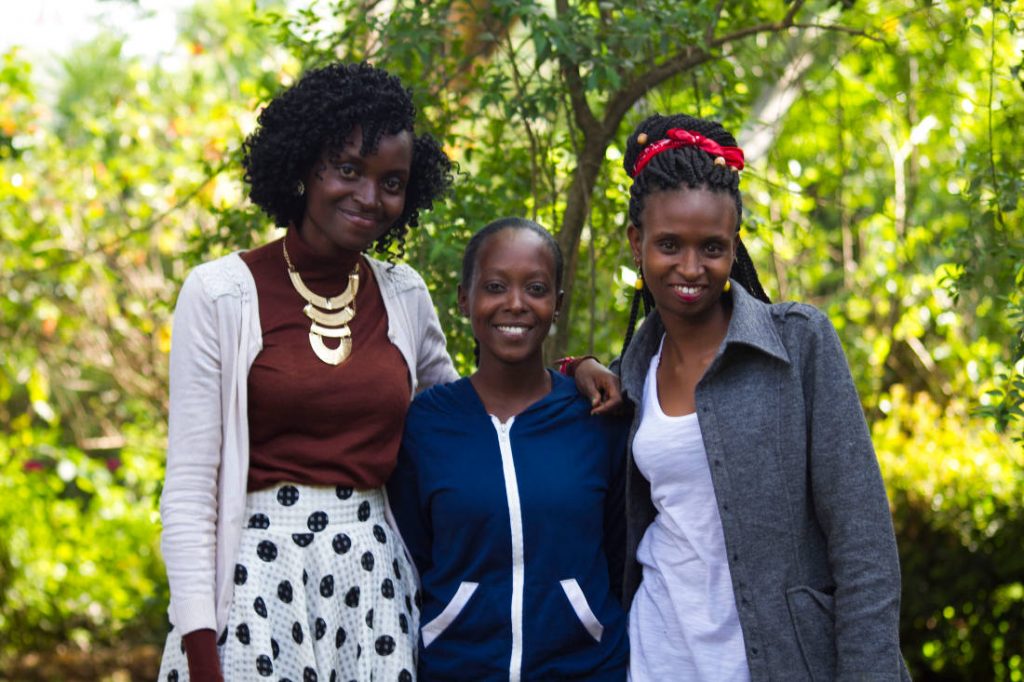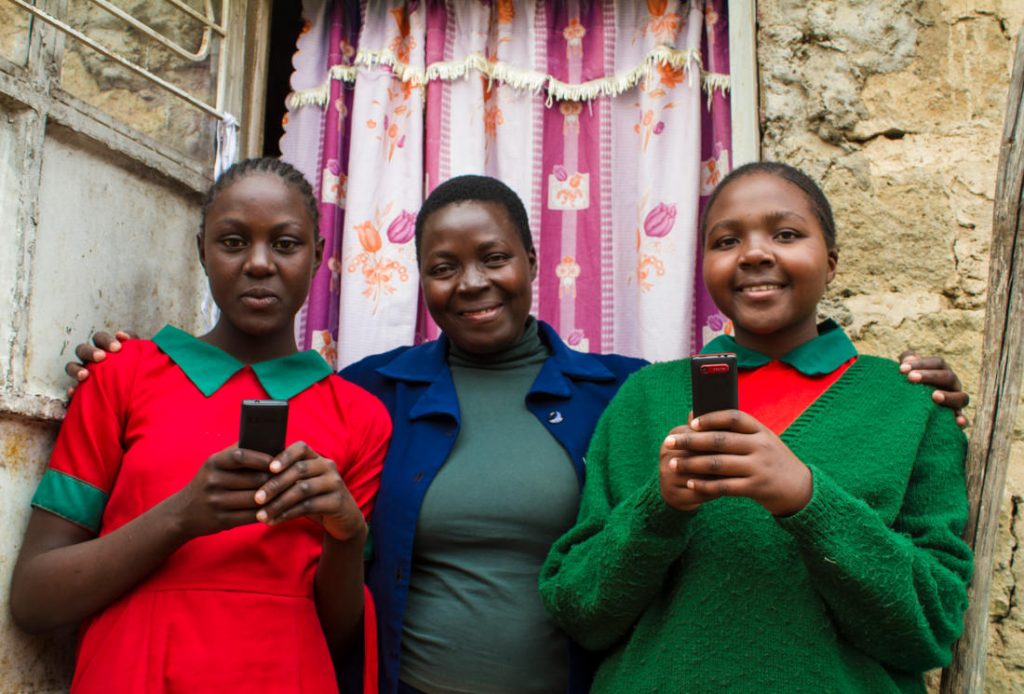NAIROBI, Kenya (ViaNews) - M-Shule is the first adaptive mobile learning platform in Africa. M-Shule means ‘Mobile School’ in English. The organization, based in Nairobi (Kenya), has won several top awards and gained recognition in the last two years for its drive to improve the level of education especially for primary school learners who come from low-income areas.

M-Shule Ltd. also works with different members of the community including parents, teachers and community leaders to enhance learning in those areas. Via News sat down with M-Shule CEO, Claire Mongeau, to get her perspective on the organization that is set to revolutionalise learning in Kenya.
Thank you for having us, Claire. Tell us about M-Shule.
Claire: We started in late 2016 and started running in 2017. What we do is we provide tailored SMS-based revisions to primary school students. Also, we provide data insights to their parents and schools. The inspiration behind the creation of M-Shule for me is that I grew up with a mother who is a teacher back in the United States. She especially works with special education students so I was always really inspired by having that collaborative approach to working with different needs can really unlock those opportunities for them.

What makes M-Shule stand out?
A big selling point for us is that we are looking at the entire learning community. As much as we are working directly with the students to help them improve and revise, they do not do that alone. Of course, they do it with their parents at home, in the classroom with their teachers and also do it when working with the school. We want to be providing that information on how they are performing to the parents, to the teacher and the school because that communication and collaboration is really important for student success.
What are some of the notable challenges in your field?
Well, I think that one of the big challenges is yes, of course, is that technology has really been booming in Kenya only across the last couple of years. So a lot of times people are getting phones and getting access to the internet and data for the very first time. What I really think is really exciting about that is that people want tools and people want information.
So even if they haven’t had it before doesn’t mean that it is something that people are saying that, “We don’t want this. It is not helpful for us.” People just need and want a sort of training on how to use it in the best way possible. Again, as much we are getting content to students that can help them improve, we also want to provide content and information to everyone around them that is most relevant and most helpful to them.
It has been no so much a challenge but a great opportunity to start working with teachers and working with schools to help them figure out that here how best to use this information and apply in our classrooms to help these kids perform better in exams and in life.

What next for M-Shule?
So as I mentioned, M-Shule is still quite new so we ran our pilot in 2017 and last year we were able to grow from about 400 registered learners on our pilot to more than 4,000 which was really exciting. So now looking at the next year and the next couple of years, we want to be moving to tens of thousands of students because of course there are millions of students in Kenya and everyone deserves that chance to succeed.
In next year we are looking to grow from around the Nairobi area to the rest of the country and in the coming years, we want to see how we can expand our platform not just in Kenya but now to other areas of East Africa as well. So we are looking at quite an aggressive growth plan but one that we hope can really drive those impact.
What is the biggest asset in the edtech sector?
I think one of the biggest trends that we are trying to take advantage of is personalisation in technology. So technology is amazing but it is such a wide sector. There are so many different things you can do with it and what we are seeing on a global scale is that there has been more of a focus on not just the standardized approach to learning content but also there is tailoring and adaptation of information based on kids’ needs. That is something that has been proven to have a great significant impact on kids’ performance but then also their core competency of how good they feel they are in solving problem, how well they communicate and how well they work better together.

That is something again we want to be bridging that gap and bringing that to this structure as well. At the same time of course, in Kenya, there is so much innovation around technology and so many really amazing application of it across markets. So, I think what we are really trying to take advantage of is the culmination of personalisation but then also of the innovation that pretty much every Kenyan has that is usually exciting to me to try to drive education technology forward.
What are M-Shule goals?
Our goal, our ultimate mission is to make sure that every child can graduate from primary school with the academic and the core competencies. We really want to be driving innovation and seeking new ways to make sure that students are learning not only Maths not only English even though those are so important but also the great new skills that the Ministry of Education is releasing.
As we are continuing to strive to reach that impact, we are looking at how we can best make learning fun and engaging for the students. We are looking at how we can better support parents in supporting their students. We are looking at how we can better bring school communities together to deliver those impacts. There are a lot of new exciting things coming up not only in our growth plan but also in how we are trying to bring effective and impactful products to the education sector.
M-Shule awards won
- Google Impact Challenge 2018
- World Summit Award 2018
- Cisco Problem Solver Challenge 2018
- Global EdTech Startup Awards 2017
- Seedstars Africa 2017

